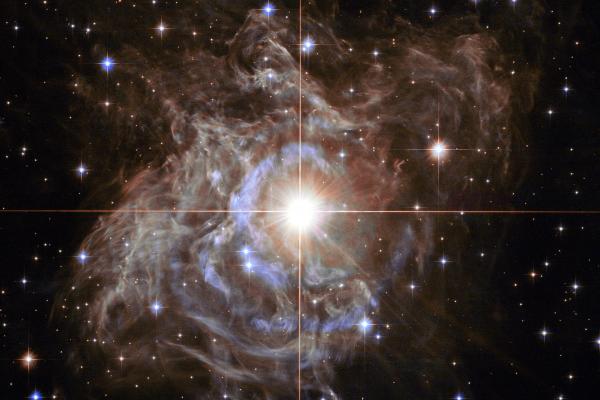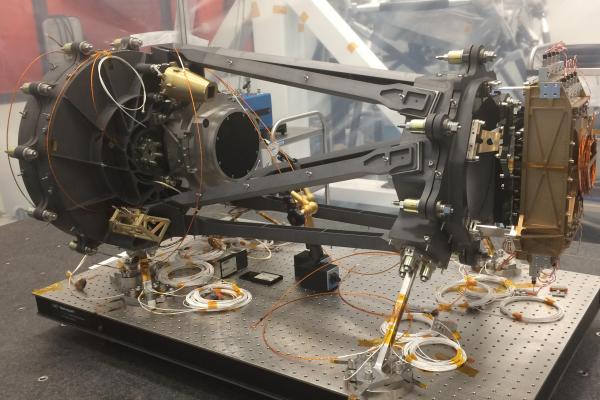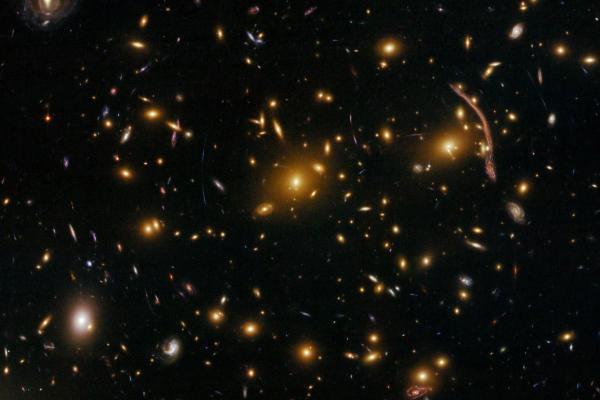New efforts to figure out just how fast the universe has expanded since the Big Bang, a speed known as the Hubble constant, could upend current theories of physics, according to some scientists.
A new space telescope designed to peer into some of the farthest regions of the universe could finally answer one of the most puzzling questions surrounding Albert Einstein’s general theory of…
Scientists are hoping to understand one of the most enduring mysteries in cosmology by simulating its effect on the clustering of galaxies.
Detailed simulations of planetary formation are revealing how tiny grains of dust turn into giant planets and could shed light on where to find new Earth-like worlds.
The most mysterious phenomenon in cosmology – dark energy – may not exist at all, according to Professor Subir Sarkar, head of the particle theory group at the University of Oxford in the UK.
Mysterious radiation emitted from distant corners of the galaxy could finally be explained with efforts to recreate a unique state of matter that blinked into existence in the first moments after the…
Plasma particle accelerators more powerful than existing machines could help probe some of the outstanding mysteries of our universe, as well as make leaps forward in cancer treatment and security…
There are likely to be many more ingredients for life on Saturn’s moon Enceladus than those identified so far, says Dr Frank Postberg from the University of Heidelberg, Germany, the lead author of a…
Tiny, low-cost satellites that can work together to boost their output and a technology that reduces the loss of satellite data are two of the latest innovations to hit the Earth observation market…
From droughts and forest fires to floods and big freezes, extreme weather events are on the rise. But to what extent are these linked to climate change? Just months before the world’s first wind…














